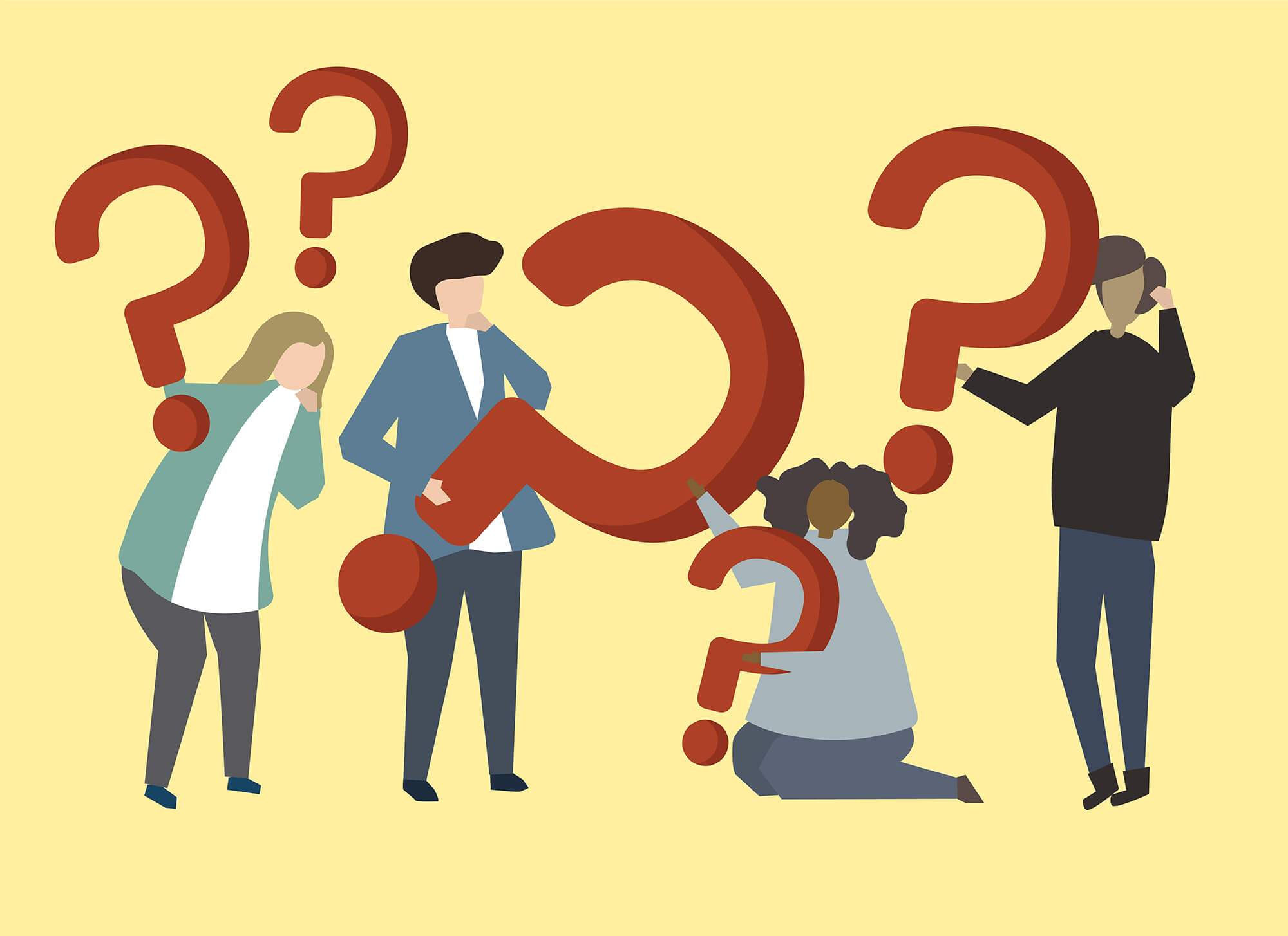What NBA Players, Olympians, and CEOs Do to Sleep Better

When Olympic gold is on the line—or millions in an NBA contract—athletes don't leave sleep to chance. Neither do high-performing executives or founders navigating billion-dollar decisions.
Which is why many of them turn to Dr. Cheri Mah.
Dr. Mah, a Stanford-trained physician and researcher, is widely recognized as one of the foremost authorities on sleep optimization. She's worked with teams like the Golden State Warriors, NFL franchises, Olympians, and tech executives looking to build a strategic edge—not just through productivity hacks, but by harnessing the full potential of deep, restorative sleep.
Her approach is both data-driven and practical: small environmental and behavioral changes with large downstream effects.
In a recent longform interview, Dr. Mah outlined five core strategies she uses to help top performers fall asleep faster, sleep deeper, and wake up sharper.
1. Get More Sleep Than You Think You Need
You’ve heard the 8-hour rule. Dr. Mah would tell you: aim for 8 to 9 hours, especially if you're under physical or cognitive stress.
"Most of us walk around sleep-deprived and don’t even realize it. Performance drops well before we feel sleepy.”
When she coached elite athletes to extend sleep by just 60–90 minutes per night, the results were staggering:
🏀 12% faster reaction time
🏀 9% improvement in free-throw and 3-point shooting
🏀 4% faster sprint times
In your world, that may translate to fewer errors, better decisions, and a clearer head in the middle of a chaotic day.
2. Optimize Your Sleep Cave
Dr. Mah’s prescription for a perfect sleep environment?
“Cool. Quiet. Pitch black. Like a cave.”
That means:
· Set your thermostat to 60–67°F
· Block out light with blackout curtains or an eye mask
· Minimize noise with earplugs or a white noise machine
These adjustments enhance your body's ability to enter deep sleep by improving thermoregulation and reduce sensory disruptions.
Even one small LED light or ambient noise can fragment sleep without fully waking you—leaving you tired without knowing why.
3. Time Your Evening Shower Right
Hot showers or baths can promote relaxation—but the timing matters.
“Taking a hot shower right before bed can actually make it harder to fall asleep,” says Mah.
Why? Because your core body temperature needs to drop in order to fall asleep. A hot shower too close to bedtime keeps you overheated. Instead, take it at least 90 minutes before bed to allow your body to cool afterward.
Pro tip: after the shower, dim the lights and shift to quiet, screen-free activities.
4. Eat (or Don’t) Like a Sleeper
If you’re hungry before bed, Dr. Mah advises against going to sleep starving—but she also recommends being thoughtful about snacks close to bed.
Choose a light bite that's about:
· 50% complex carbs (whole grain toast, oats)
· 50% lean protein or healthy fat (yogurt, nut butter)
This combination supports steady blood sugar and helps prevent nighttime awakenings—a common culprit in fragmented, unrefreshing sleep.
Heavy meals or spicy foods close to bedtime? That’s a no-go.
5. Wind Down On Purpose
One of Dr. Mah’s most universal recommendations? Build a short, structured wind-down ritual.
“Don’t just turn off your laptop and expect to sleep five minutes later.”
Instead, try:
· 10 minutes of light journaling (writing down thoughts, not to-do lists)
· Gentle stretching or breath work
· Listening to calming music in dim light
These help shift your nervous system from sympathetic (“go-mode”) to parasympathetic (“rest-mode”)—the physiological key to falling asleep quickly and deeply.
Why This Matters for the Rest of Us
You might not be headed to the Olympics or the NBA finals. But if you're a parent, clinician, entrepreneur, or just trying to stay afloat in a high-pressure world, sleep is your foundation.
Most of us wait until sleep becomes a problem before addressing it. Dr. Mah’s advice reminds us that even elite performers treat sleep as something to train—not just tolerate.
About the author:
Chris Gouveia, MD, is the Director of Sleep Surgery for Kaiser Permanente Northern California. He is a UCSF and Stanford trained, board-certified ENT surgeon specializing in sleep medicine. Dr. Gouveia is passionate about sleep and started a newsletter called “Night Shift" to educate people about how Sleep is essential for longevity, and improving health and wellness.


